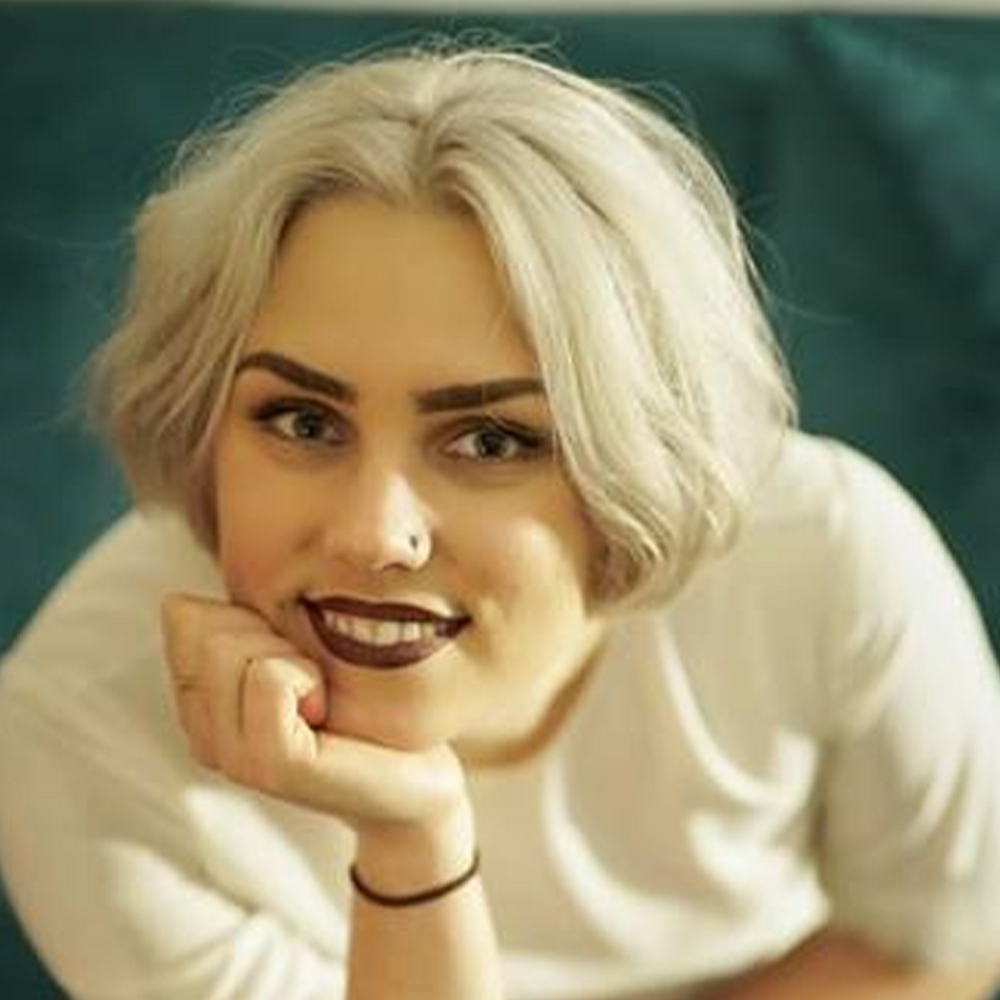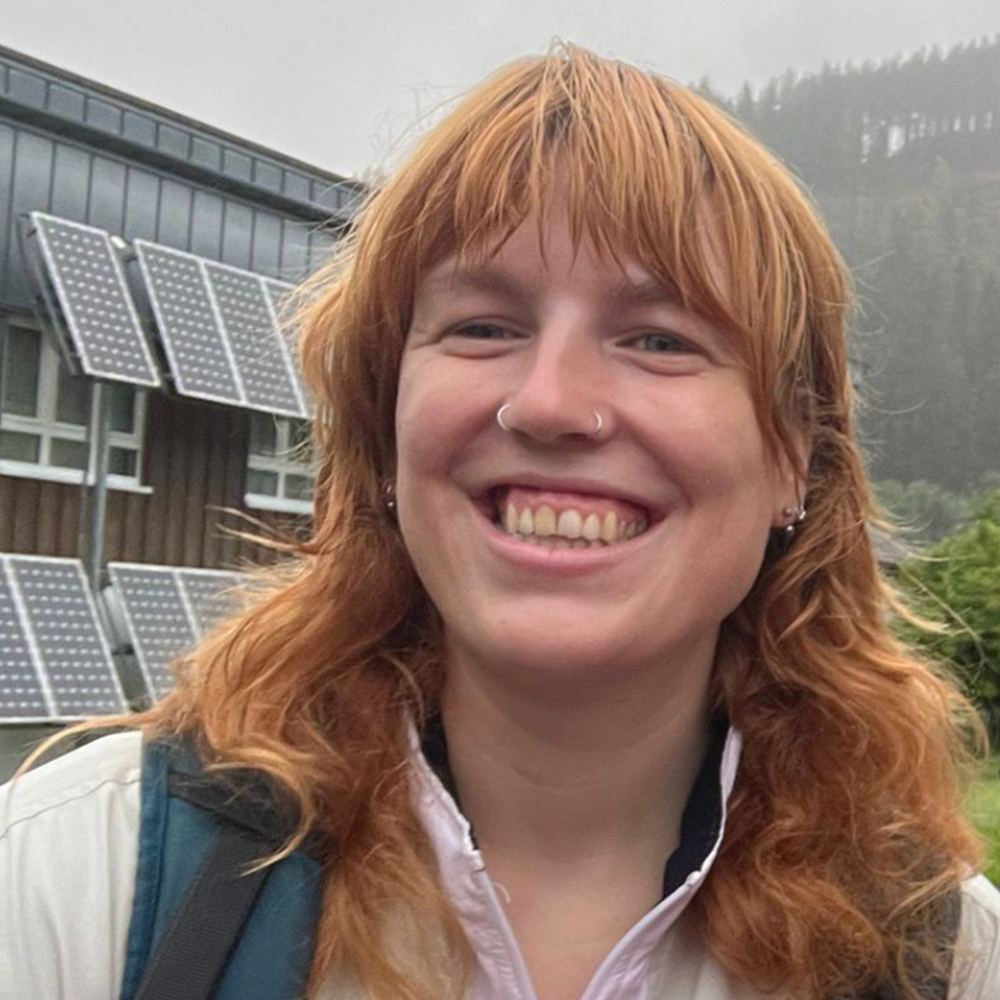Choose language
UNITED KINGDOM
NETHERLANDS
Yara Rodrigues Fowler - 2 - Thickened history
3 November 2023
There is this idea, coined by Mark Bessinger, of ‘thickened history’, which is when a lot of history happens very quickly. Historians and survivors return to these moments as they try to understand the present, and yearn for alternative presents. They are the moments you’d go to in a time machine.
When my ferry to Amsterdam port began moving away from the Tyne into the North Sea, I felt that I was travelling in the wrong direction, away from the sit ins and protests and the people I knew who were organising for a ceasefire in Gaza.
I would be on the ferry overnight, and my cabin was comfortable: a warm double bed, a shower, no window to world outside at all. In it I read the news that Israel had bombed the Jabalia refugee camp. I read reports that at least 881 multi-generational families had been wiped out in Gaza. And that more children had been killed by Israel recently that in the last 3 years’ of global conflicts combined. In total over 3,000 children had been killed, and nearly 10,000 people in total. I read that amount of explosives used was equivalent to Hiroshima.
Throughout the night loud cashes and big jolts woke me up — the crashing of huge waves against the ship. (Storm Ciarán doesn’t recognise borders; of course, he’s made up of clouds.) Half-awake, I checked my phone: I watched videos of my feminist friends in London holding a sit in at Liverpool Street Station joined by hundreds of commuters. In the morning a new video: my jewish friend at a prayer service for Palestine at St Pancras Station, police grabbing and shoving them as the prayed.
I got off the ferry, got a coach and train to the Haag. I felt like I was in the wrong place again. Where was the protest? Where was the urgency? Still feeling homesick for England, at the hotel I asked the reception if it would be possible to swap the fruit tea bags in my room for black tea bags. I made myself black tea and got under the covers of my hotel room bed.
That night I met Demir, who is translating this (hello, Demir) as well as Anna, who has coordinated the programme, Lola, Shimanto, Jan and András, who are also translators. Together, we stepped out of the hotel lobby into the storm. I learned that Lola writes erotic short stories, that the Haag has a population of 400,000 and that at the pro-Palestine demonstrations across the Netherlands people shout ‘Free Palestine’ in English not Dutch.
After dinner, we went to a spoken word night in a room that had once been a swimming pool. Two MCs introduced the poets. I couldn’t understand what they were saying, but some things about them were intelligible to me. They were women of colour from the Netherlands. Their gen z style double buns and hoops and wide legged trousers indicated that they were younger than me. At one point, they asked everyone a question and some people put their hands up, including Demir. Demir explained that they had asked who had knew who they would vote for at the next election, and that they had told the audience to vote left. ‘It is possible we will get a sort of left government’, Demir told me, ‘Or a very, very right wing government’.
The poets were also young, also people of colour. Each poet had been paired with a musical artist, and performed with bespoke art projected onto a screen behind them. I could recognise some of the themes in poems, and Demir summarised others to me: mothers, fathers, ancestors, grief. These were the themes of the poetry I had grown up with in London. The kind of art made by people who, for some reason or another, need to make art about the fact that they are where they are — are who they are — because of European colonialism.
So I watched the art move on the screen: Black kids and tower blocks layered over sunsets and bodies water. I listened to the music. The genocide in Gaza will keep living and hurting for generations. This moment will last for so long.
WHAT INSPIRED THIS STORY?
More from Yara Rodrigues Fowler and Demir Hilbrands
See The Chronicles live at Crossing Border 2023

